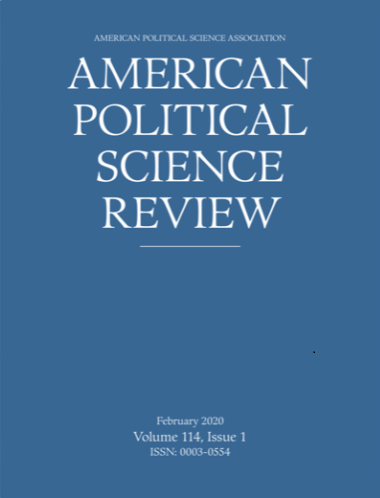移民目的地双重国籍改革的异质入籍效应:来自欧洲的准实验证据
IF 5.9
1区 社会学
Q1 POLITICAL SCIENCE
引用次数: 0
摘要
接受双重国籍是否会增加移民入籍的倾向?如果是的话,这对谁最重要?我们利用200个移民来源国公民立法的外生变化来确定目的地国政策改革的影响。我们假设原籍国公民身份的价值调节了改革的效果。我们在两个西欧国家用对比鲜明的改革来测试我们的认同策略:瑞典的规范自由改革(2001年)和荷兰的非典型限制性逆转(1997年)。我们应用了一个交错的差异模型,采用行政数据对完整的移民人口。我们发现改革在效应大小和异质性上非常相似,自由化改革使归化率提高了6.7个百分点,限制性改革使归化率降低了6.4个百分点。这种影响主要集中在来自欧盟和高度发达国家的移民身上。我们的准实验证据为入籍奖学金和关于移民政治融合的公共辩论提供了信息。本文章由计算机程序翻译,如有差异,请以英文原文为准。
Heterogeneous Naturalization Effects of Dual Citizenship Reform in Migrant Destinations: Quasi-Experimental Evidence from Europe
Does dual citizenship acceptance increase immigrants’ propensity to naturalize and, if so, for whom does this matter most? We exploit exogenous variation in citizenship legislation in 200 migrant-origin countries to identify the effect of destination country policy reform. We hypothesize that the value of the origin country citizenship moderates the reform effect. We test our identification strategy in two West European countries with contrasting reforms: a canonical liberal reform in Sweden (2001) and an atypical restrictive reversal in the Netherlands (1997). We apply a staggered difference-in-differences model employing administrative data on complete migrant populations. We find reform effects remarkably similar in effect size and heterogeneity, with liberalizing reform increasing naturalization rates by 6.7 percentage points and restrictive change decreasing rates by 6.4 percentage points. The effect is concentrated among immigrants from EU and highly developed countries. Our quasi-experimental evidence informs naturalization scholarship and public debate on migrant political integration.
求助全文
通过发布文献求助,成功后即可免费获取论文全文。
去求助
来源期刊

American Political Science Review
POLITICAL SCIENCE-
CiteScore
9.80
自引率
5.90%
发文量
119
期刊介绍:
American Political Science Review is political science''s premier scholarly research journal, providing peer-reviewed articles and review essays from subfields throughout the discipline. Areas covered include political theory, American politics, public policy, public administration, comparative politics, and international relations. APSR has published continuously since 1906. American Political Science Review is sold ONLY as part of a joint subscription with Perspectives on Politics and PS: Political Science & Politics.
 求助内容:
求助内容: 应助结果提醒方式:
应助结果提醒方式:


